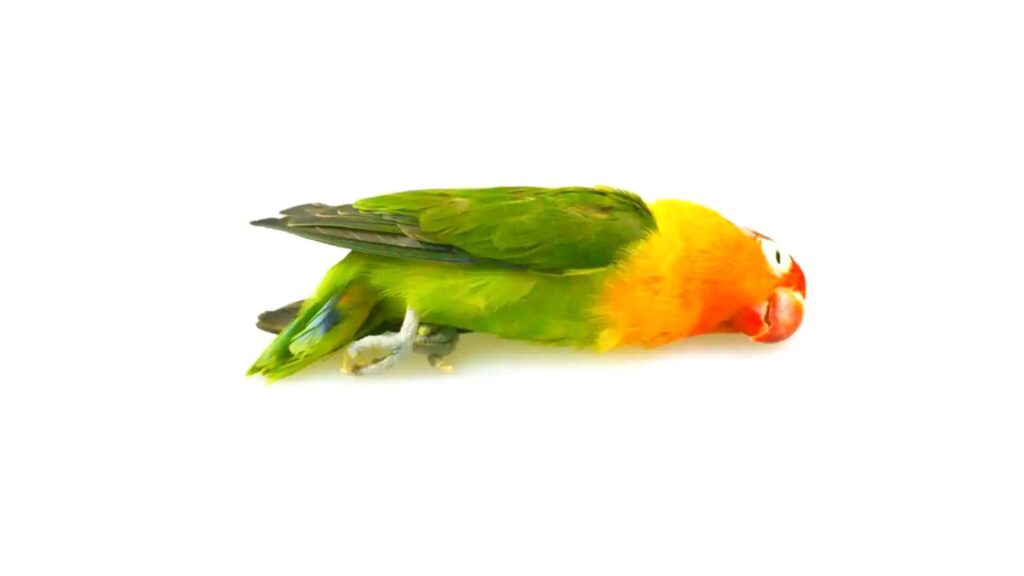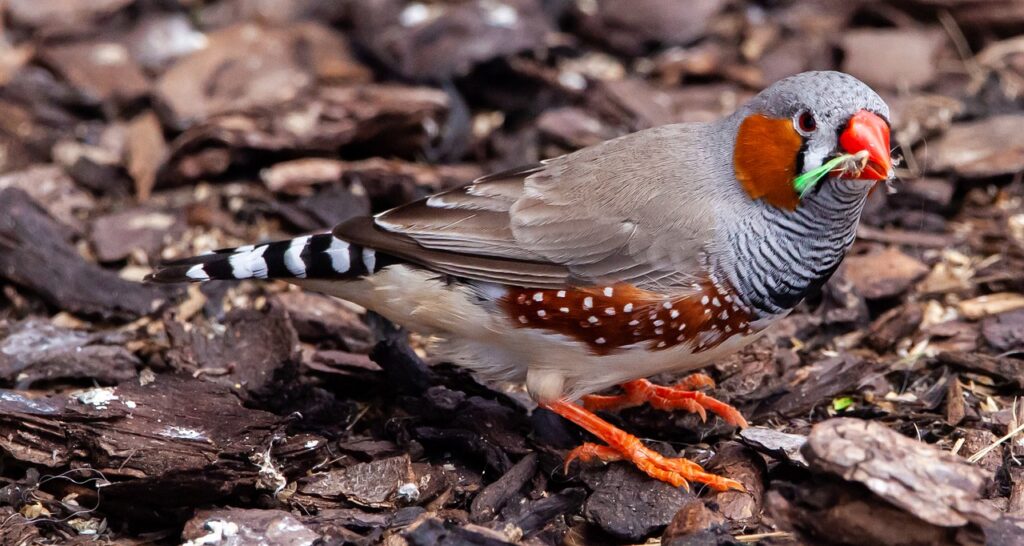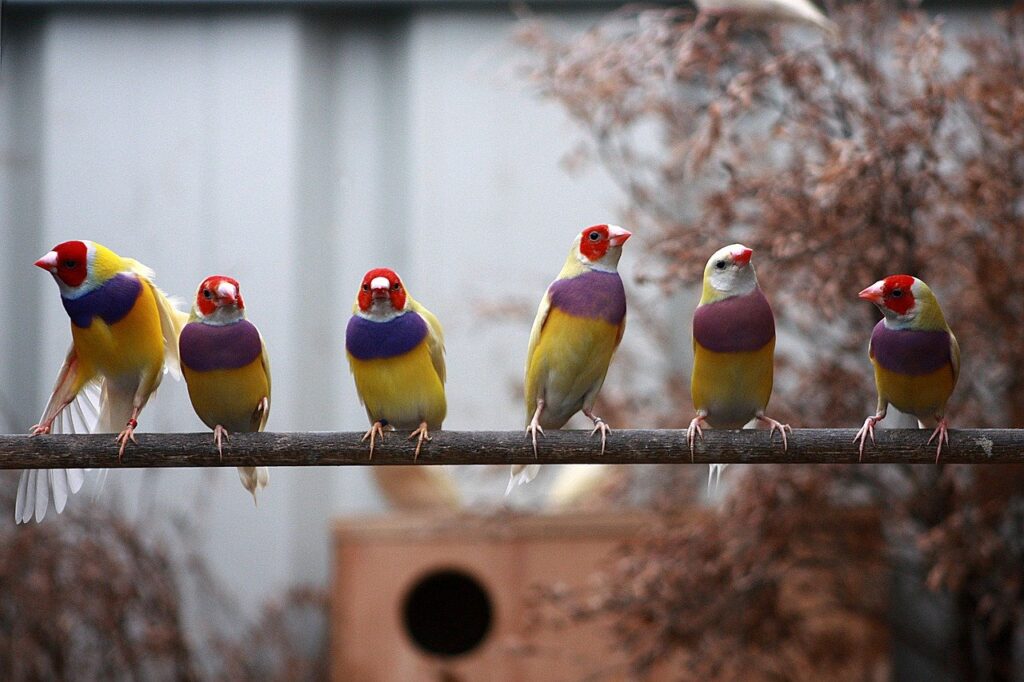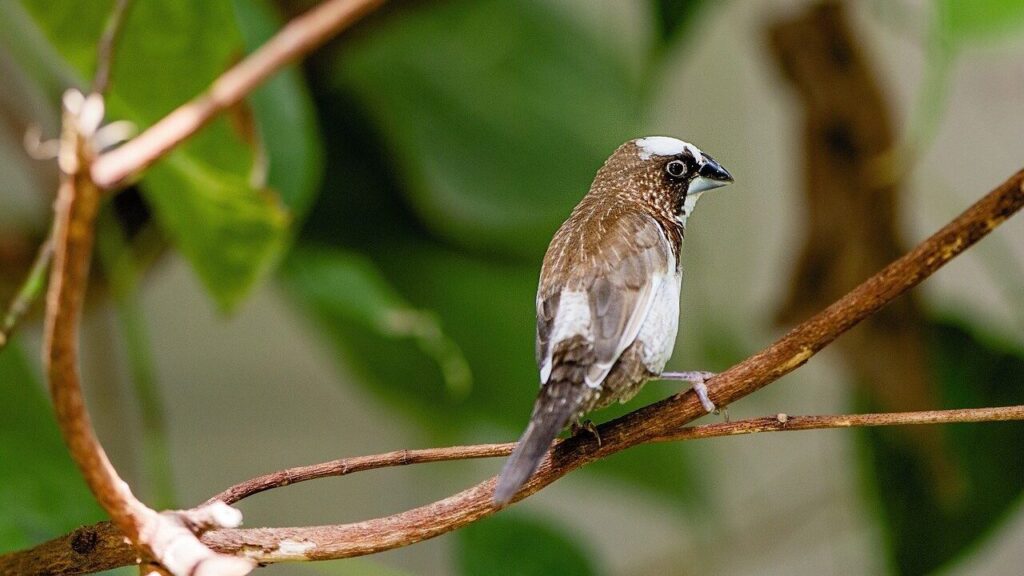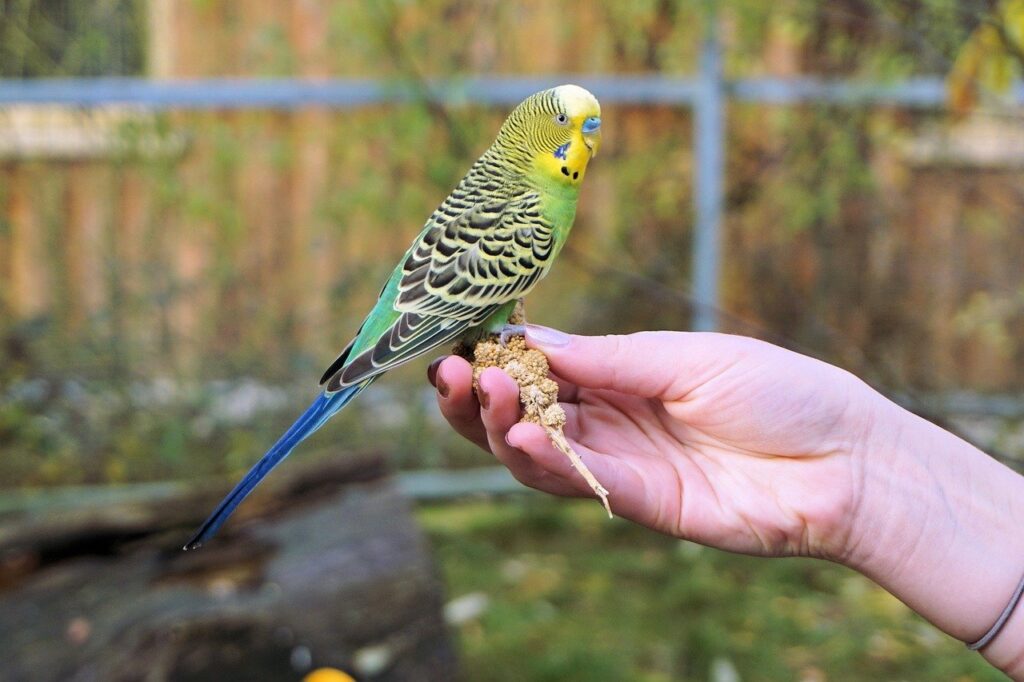If you’re a bird owner, the sudden death of your pet can be devastating, especially if you don’t know why do love birds die suddenly. Lovebirds are popular pets known for their beauty and loving personalities. However, sometimes they can die suddenly without any apparent cause, leaving their owners wondering what went wrong.
Why do love birds die suddenly? 10 Vital Reasons
In this article, we will explore some of the most common reasons why lovebirds may die suddenly and what you can do to prevent it. So, if you’re asking yourself “why do love birds die suddenly?” keep reading to find out.
#1 Infection
Infections in pet birds can be caused by a variety of things. It could happen from bacterial growth in your bird’s water container because you haven’t replaced it for a while, or it could be an open wound or a scratch that got infected from dirt or anything else that might cause infections, like a rusty toy, for example.
#2 Egg binding.
Birds breeding time Egg binding is one of the most common reasons in case a female bird suddenly dies. Even if your bird does not have a partner, it could still become egg-bound. Egg binding simply means that your bird produced an egg and it got stuck inside her, and it makes her suffocate as a result of straining. In addition to other symptoms, you can tell your bird was egg-bound if her vent and abdomen were swollen before she died.
#3 Toxic Fumes.
Perfumes, deodorants, cleaning products, and even cooking with a non-stick pan could cause sudden death in birds. I personally lost a parakeet because of toxic fumes, and we should always avoid exposing our pet birds to potentially harmful toxins. Birds are extremely fragile when it comes to being poisoned.
#4 Heat Exposure
If you’ve left your bird inside a very hot room or in a spot with direct sunlight without any ventilation, that may be the cause of your bird dying. Although parrots are mainly exotic and are used to heat, they need ventilation, water, and a shady, cool spot to go to whenever they feel like it.
#5 Lack of Vitamins
If your bird used to live on a poor diet that doesn’t consist of vegetables, fruits, herbs, and mineral or calcium blocks, and it only ate seeds its entire life, that could have been the cause of its death. The lack of vitamins and minerals causes a poor immune system, which means your bird becomes more prone to diseases and illnesses.
#6 Lead Poisoning
Many owners that lose their pet birds to lead poisoning will never find out because the only way to figure that out is by getting a proper diagnosis from the vet. If your bird used to chew metal toys or lick the rusty cage bars it lives in, this could be the cause of its death.
#7 Stoke
Stroke is a common condition that happens as a result of nutritional deficiency. When a bird goes through a stroke, it will seem wobbly or clumsy with spread legs, head twisting, and one side of the body paralyzed. A bad diet is usually the cause of a stroke, specifically the lack of vitamins B and E.
#8 Old Age
Old age can kill your bird suddenly. Some birds live to extremely old ages, sometimes outliving their owners, but others only live for three to five years depending on the species. Old age often causes pet birds to die because their bodies and organs simply shut down.
#9 Genetic issues
Some breeds of birds may have genetic predispositions to certain health problems, such as respiratory issues or heart disease. it leads to Sudden death.
#10 Stress
Stress can weaken a bird’s immune system and make it more susceptible to illness. Common sources of stress for birds include changes in environment or routine, lack of socialization, and noisy or chaotic environments.
In conclusion, sudden death in love birds can be caused by various factors, including infections, egg binding, exposure to toxins, overheating, poor diet, lead poisoning, stroke, and old age. As a bird owner, it’s crucial to be aware of these potential causes and take necessary precautions to prevent them. By providing a healthy and safe environment for your love bird and monitoring its health closely, you can help ensure a long and happy life for your beloved feathered friend.



